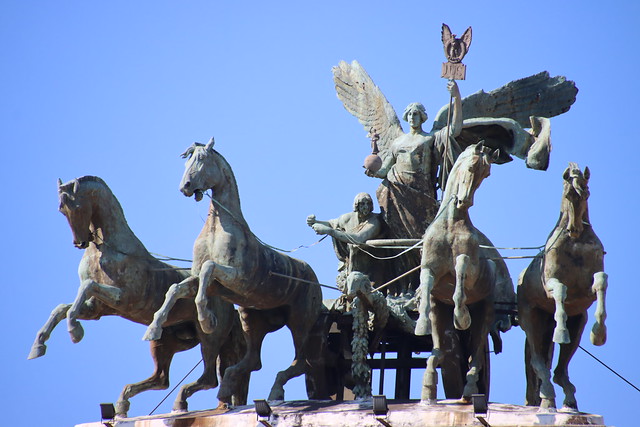Podcast: Play in new window | Download
Today we are exploring origins of the word campus.
A campus [ˈkæmpəs / ˈkæmpʊs] is:
- The grounds or property of a school, college, university, business, church, or hospital, often understood to include buildings and other structures.
It comes from the Latin campus (field. plain), from the Proto-Italic *kampos, from the Proto-Indo-European *kh₂ém-po-s, from *kh₂emp- (to bend, curve, smooth) [source].
Words from the same roots include camp, campaign and champagne in English, campo (field) in Italian, campo (country(side), field) in Portuguese, and champ (field) in French [source].
The southern Italian region of Campania, the name of which comes from the Latin campus, was the source of bronze used to make bells, which were known as campāna in Latin Latin. This comes from Campāna (of Campania) [source].
Words from the same Latin roots include: campanile (bell tower, belfry) and campanology (the study of bells) in English, campana (bell) in Italian, campana (bell, bell-shaped object, hood) in Spanish, and cumpănă (balance, scales, equilibirum) in Romanian [source].
Here’s a video I made of this information:
Video made with Doodly [afflilate link].
I also write about words, etymology and other language-related topics on the Omniglot Blog, and I explore etymological connections between Celtic languages on the Celtiadur.
You can also listen to this podcast on: Apple Podcasts, Amazon Music, Stitcher, TuneIn, Podchaser, PlayerFM or podtail.
If you would like to support this podcast, you can make a donation via PayPal or Patreon, or contribute to Omniglot in other ways.













